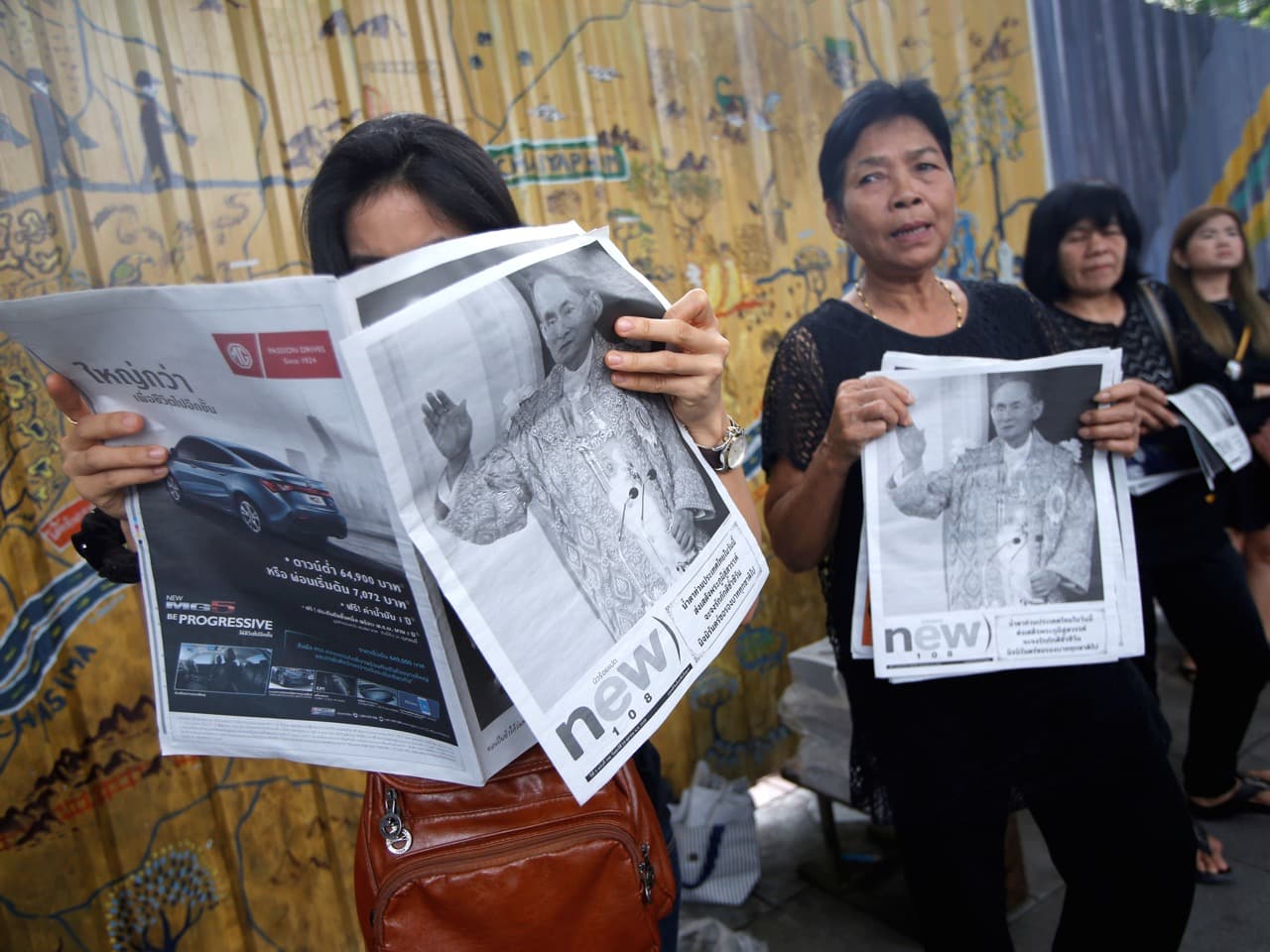SEAPA expressed fears that Thailand is moving toward greater control of the media, with the government's latest attempt to enact a new law to control the press.
This statement was originally published on seapa.org on 31 January 2017.
The Southeast Asian Press Alliance (SEAPA) today expressed fears that Thailand is moving toward greater control of the media, with the government’s latest attempt to enact a new law to control the press.
“The so-called media reform bill may effect a total control of the Thai press – not only of the media outlets but also of journalists in the country,” said Edgardo Legaspi, SEAPA Executive Director.
The current bill drafted by the National Reform Steering Assembly (NRSA) seeks to establish a new state institution to regulate the media, including through licensing of media outlets, journalists and mandatory enforcement of ethics-related decisions (for further info, see Background and summary of the media ‘protection’ bill).
The proposed national body will have a legal mandate that will trump the country’s existing media self-regulation mechanisms, Legaspi said.
“It is also a major step backward of more than 20 years of the media reform process that the Thai journalist community fought for to democratize media space from state monopoly, and toward diversity and access to information,” Legaspi said.
“The government power to shut down newspapers was rejected as far back as during the 1973 democratic uprising, but the power to withdraw licenses of media outlets may bring that power back,” he added.
“Contrary to what the NRSA says, existing international norms on press freedom say that press licensing is a form of restriction of freedom of expression,” Legaspi said.
The government’s rigid position is that the media failed to regulate themselves in the last 20 years and played a part in the rise of corrupt politicians that resulted in social strife in Thailand.
“This move underscores the current government’s lack of understanding of the role of the media in a democratic society to provide information free of restriction. Actually, Thai journalists resisted former prime minister Thaksin Shinawatra’s efforts to muzzle the press,” Legaspi explained.
“We join in solidarity with the Thai journalists and professional media organizations,” Legaspi said as some 30 media professional organizations released a statement last Sunday [29 January 2017] urging the government to withdraw the proposal.
One problem is that the process to enact this measure did not undergo discussions with the affected stakeholders. Government must open up a well-intentioned dialogue with the media community to improve self-regulation, SEAPA said supporting the media groups’ joint statement.
“Persisting with the bill will deal a death blow to Thailand’s regional reputation as one of the freest and most vibrant media environments. It will set a bad precedent for other countries struggling to attain media freedom,” Legaspi warned.
In the ASEAN context, Singapore and Malaysia control the media through strict press registration regimes that prevent critical newspapers from publishing.
Vietnam and Laos, meanwhile, exercise strict control over the media, which are all state-owned. Press cards are issued by the respective information ministries to control who gets to practice journalism. In these countries, media editors are Communist Party appointees.
SEAPA said that Thailand has been moving toward total control of all media in the country with the amendment of the Computer Crime Act completed in December 2016, setbacks on media freedom in the draft constitution, and the interim powers given to the National Broadcasting and Telecommunications Commission in July that year to shut down broadcast outlets without appeal.
“We fear that Thailand may be moving toward the dominant ASEAN practice of media regulation,” Legaspi said.



